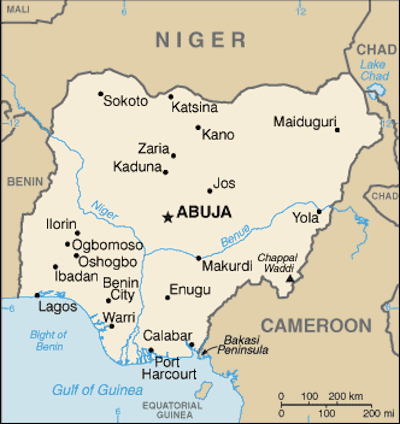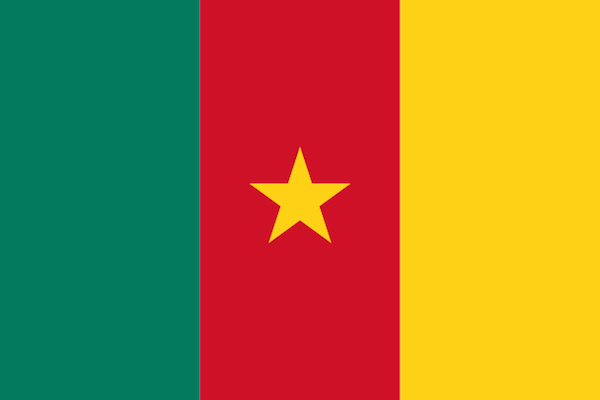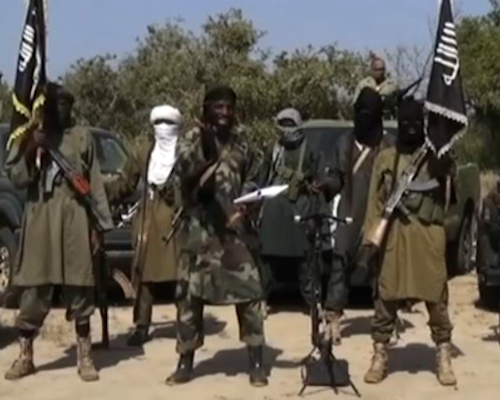Reuters reports on a major terrorist attack yesterday in Kano, Nigeria’s second most populous city:
Gunmen set off three bombs and opened fire on worshippers at the central mosque in north Nigeria’s biggest city Kano, killing at least 81 people on Friday, witnesses and police said, in an attack that bore the hallmarks of Islamist Boko Haram militants.
[…]
The mosque is next to the palace of the emir of Kano, the second highest Islamic authority in Africa’s most populous country, although the emir himself, former central bank governor Lamido Sanusi, was not present.
It is presumed to be the work of Boko Haram, although it is fairly far outside their normal recent range of operations in northern Nigeria.
This is a direct attack on the authority of the Emir of Kano, one of the most progressive high ranking Muslim religious leaders in the world right now, as I previously examined:
But there are already plenty of Muslim scholars, Sunni Imams and other interpreters of holy text and Islamic law who are quite progressive and forward thinking. In their quiet way, they have obtained the support of the vast majority of the faithful – those who have opposed the extremist acts supposedly committed in their names.
Take for example, the recently elevated Emir of Kano — one of the most significant semi-religious offices in Nigeria’s predominantly Muslim north. Muhammad Sanusi II, formerly Sanusi Lamido Sanusi, used to be Governor of the Central Bank of Nigeria.
In stark contrast with groups like Boko Haram, Sanusi supports education for girls, ending child marriage, protecting women’s rights, investment attraction for the north, a “Marshall Plan” for agricultural upgrades and more. Moreover, he believes all of this is based in – and required by – his religion.
That in itself is a threat to the group, but he has been specifically very vocally opposed to Boko Haram, according to Reuters:
Islamic leaders sometimes shy away from direct criticism of Boko Haram for fear of reprisals. But Kano’s emir Sanusi, angered by atrocities such as the kidnapping of 200 schoolgirls from the village of Chibok in April, has been increasingly vocal.
Sanusi was quoted in the local press as calling on Nigerians this month to defend themselves against Boko Haram. During a broadcast recitation of the Koran he was reported to have said: “These people, when they attack towns, they kill boys and enslave girls. People must stand resolute … They should acquire what they can to defend themselves. People must not wait for soldiers to protect them.”
This is surely meant to try to silence him.











